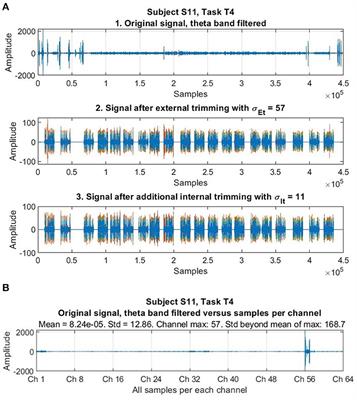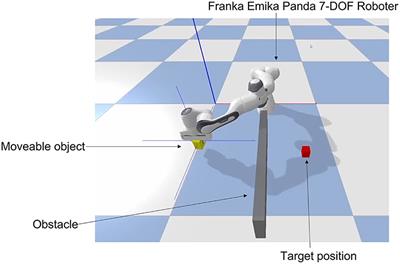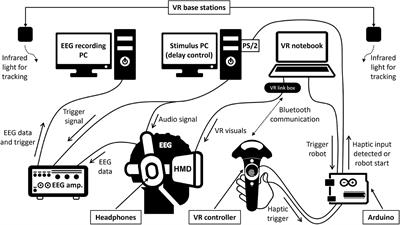EDITORIAL
Published on 29 May 2024
Editorial: Affective computing and mental workload assessment to enhance human-machine interaction
doi 10.3389/fnrgo.2024.1412744
- 569 views
- 1 citation
2,409
Total downloads
11k
Total views and downloads
EDITORIAL
Published on 29 May 2024
MINI REVIEW
Published on 21 Feb 2024

ORIGINAL RESEARCH
Published on 23 Nov 2023

ORIGINAL RESEARCH
Published on 23 Nov 2023

ORIGINAL RESEARCH
Published on 05 Jul 2023
